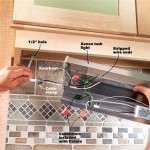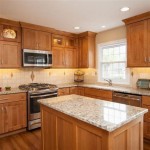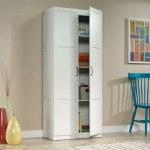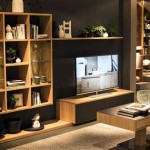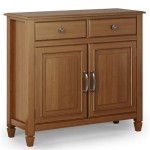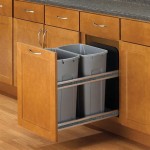Speaker Cable for Guitar Cabinet: An Essential Connection
A speaker cable is a crucial component in any guitar amplifier setup, serving as the conduit that transmits the amplified signal from the amplifier head to the speaker cabinet. This cable plays a vital role in ensuring the sound quality and integrity of your guitar’s output. Choosing the right speaker cable is essential to achieve optimal performance and protect your equipment from damage.
Understanding Speaker Cable Basics
Speaker cables are typically made up of two or more insulated wires encased in a protective outer sheath. The core wires, often made of copper or silver-plated copper, carry the electrical signal. The insulation helps prevent short circuits and ensures safe operation. The outer sheath protects the wires from external damage and wear.
The most common speaker cable types are:
-
Single-Conductor Cable:
This type consists of a single conductor wire with a ground wire. It is relatively inexpensive but can be prone to interference and noise. -
Twin-Conductor Cable:
Featuring two insulated conductors, this cable offers improved shielding against interference. It is a popular choice for guitar amps. -
Multi-Conductor Cable:
These cables have multiple conductor wires for enhanced shielding and signal clarity. They are often used in professional studio settings.
Key Considerations When Selecting Speaker Cable
Choosing the right speaker cable for your guitar amplifier involves considering several factors:
1. Gauge (Thickness)
The gauge of a speaker cable, measured in AWG (American Wire Gauge), determines its thickness and resistance. Thicker cables (lower gauge) have lower resistance, allowing for more power to be transmitted with minimal signal loss.
For guitar amplifiers, a cable gauge of 12 or 14 AWG is generally recommended. Thicker cables may be necessary for high-powered amplifiers or longer cable runs.
2. Length
The length of your speaker cable can significantly impact signal quality. Longer cables have higher resistance, which can lead to signal loss and a muffled sound. It’s important to choose a cable length that meets your needs while minimizing resistance.
For shorter distances (under 10 feet), a lower gauge cable may suffice. For longer runs, consider using a thicker gauge cable or a cable with a lower resistance.
3. Connector Type
Speaker cables typically use TS (Tip-Sleeve) connectors, often referred to as "phone jacks." These connectors have a central pin (tip) and a surrounding sleeve, providing a secure connection for sending and receiving audio signals. Ensure that the connectors on your speaker cable match the jacks on your amplifier head and speaker cabinet.
Common connector types include:
-
1/4-inch (6.35 mm) TS Connector:
This is the most popular connector type for guitar amplifiers and speaker cabinets. -
Speakon Connectors:
These connectors offer more robust and reliable connections, especially for high-powered amplifiers.
When selecting connector types, it's crucial to ensure compatibility with your equipment.
4. Shielding
Shielding is essential for minimizing interference from external sources, such as electromagnetic fields and radio waves. Shielded cables have braided copper mesh or a foil layer surrounding the inner conductors to help block interference.
Look for speaker cables that offer good shielding, especially if your amplifier is located near sources of electronic noise.
5. Cable Material
The material used in speaker cables can impact their overall performance. Copper is the most common material due to its high conductivity. However, silver-plated copper offers even lower resistance and improved signal clarity.
While silver-plated copper cables are generally more expensive, they can provide a noticeable improvement in sound quality, especially for professional musicians.
Conclusion
Choosing the right speaker cable plays a vital role in achieving optimal sound quality from your guitar amplifier. By understanding the key considerations discussed above and selecting a cable that meets your specific needs, you can ensure a strong, reliable connection that preserves the integrity of your guitar's sound.

Guitar Amp Cabinet Speaker Cable

Speaker Vs Instrument Cables Why Aren T Interchangeable Fender Guitar

6 35mm 1 4 Inch Jack Mono Speaker Cable Guitar Amp Head Cabinet Lead 10m

Chord Epic Instrument Speaker Cable Head To Cabinet The Company

Guitar Amp To Cab Jack Speaker Cable 2 Pole Head Cabinet Lead Klotz 5mm² 1m Ebay

Divine Noise Handmade Cables

Guitar Amp To Cab Angled Mono Jack Speaker Cable 2 Pole Head Cabinet Lead

Angled Jack To Speaker Lead 2x2 5mm Conductor Size Blue Studio Van Damme Cable Guitar Amp Cab

Jumperz Jzsp122qq 6ra Guitar Amp Speaker Cable With Right Angle Connector 6 Foot 2 Pack Sweetwater

Guitar Cables Tagged Speaker Cable Cablesmiths

